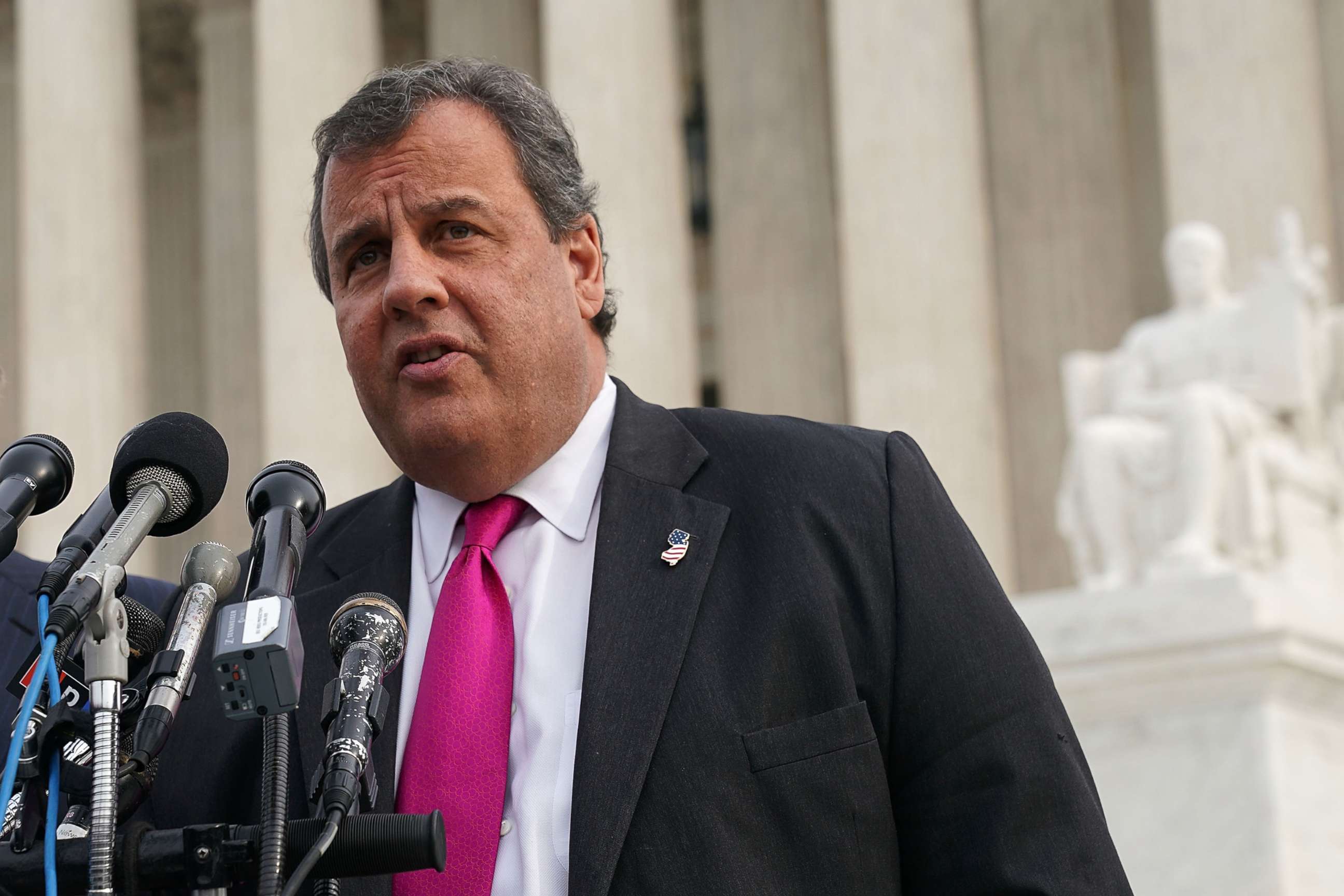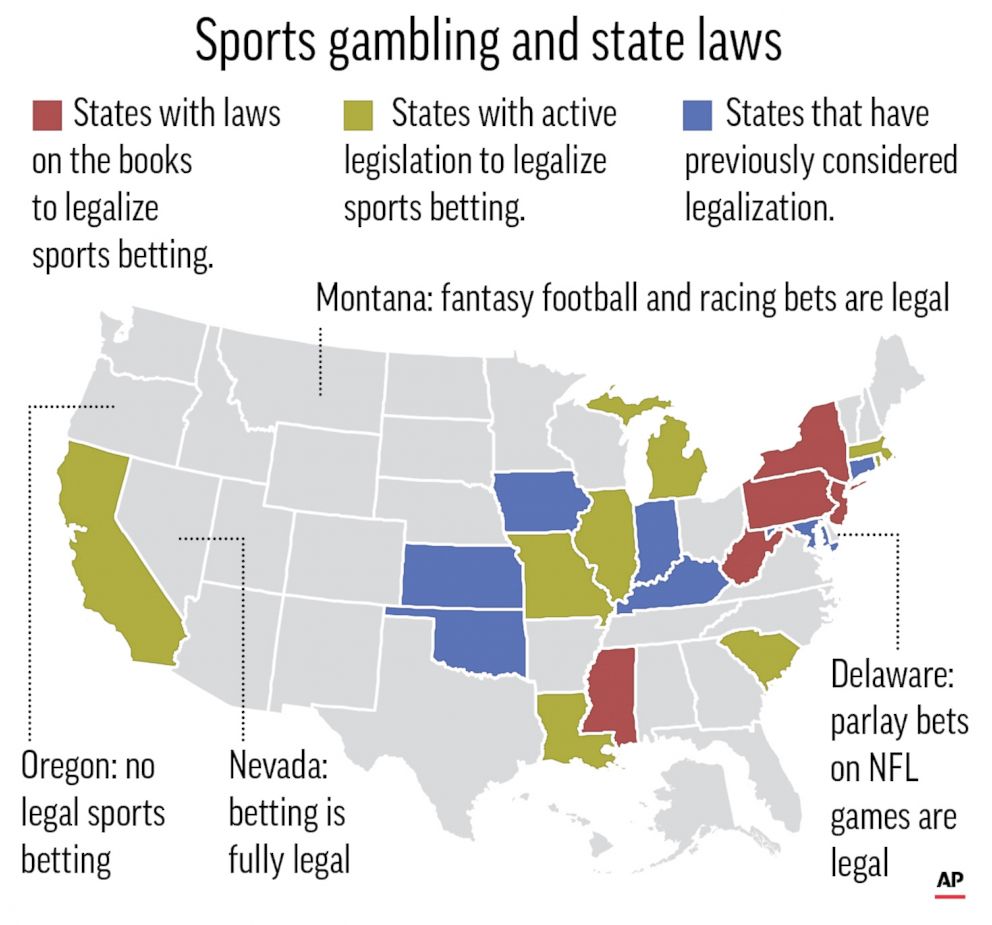Supreme Court strikes down federal law banning states from allowing sports betting
The decision was announced Monday.
The Supreme Court on Monday said that New Jersey can legalize sports betting, opening the door for more states to do the same.
The justices ruled that a federal law banning states from legalizing sports gambling, called the Professional and Amateur Sports Protection Act or PASPA, was partially unconstitutional because the federal government cannot tell states what laws they can enact.
Congress can regulate sports gambling but "if it elects not to do so, each state is free to act on its own," according to the court's opinion.
PASPA prohibited states from sponsoring, operating, advertising, promoting, licensing or authorizing sports gambling. The legal challenge came after former New Jersey Gov. Chris Christie signed a law in 2012 that would allow sports betting at casinos and racetracks in the state.
Christie tweeted that the decision was a "great day" and that the federal government had no right to block a law supported by NJ residents.
The NCAA, along with other major professional sports leagues like the NFL, NBA, NHL and MLB, filed a lawsuit arguing that Christie’s legislation violated PASPA, which was passed in 1992 to protect the “integrity” of games. They called the law "a straightforward exercise of Congress’ power to preempt the operation of state laws that conflict with federal policy on matters within Congress’ purview."
The NFL said in a statement following the decision, "Congress has long recognized the potential harms posed by sports betting to the integrity of sporting contests and the public confidence in these events. Given that history, we intend to call on Congress again, this time to enact a core regulatory framework for legalized sports betting."
The court ruled in favor of Christie's argument that PASPA violates the 10th Amendment “anti-commandeering principle,” which limits the federal government's power to compel states to enforce federal law. The federal government was infringing on the individual laws of states, the court added.

Lower courts initially ruled with the sports leagues. The Supreme Court had declined to hear the case but reversed course after new legislation and another lawsuit.
Three justices dissented with at least some of the decision. Justice Ruth Bader Ginsberg wrote in part that there was no reason to take a "wrecking ball" to the entire PASPA law, and bans on those state-operated or private schemes should stay in place.
Justice Sonia Sotomayor agreed with Ginsburg's dissent. Justice Stephen Breyer partially agreed with the dissent and wrote that the court should have considered two portions of the PASPA law separately instead of applying the decision to both portions of the law.





